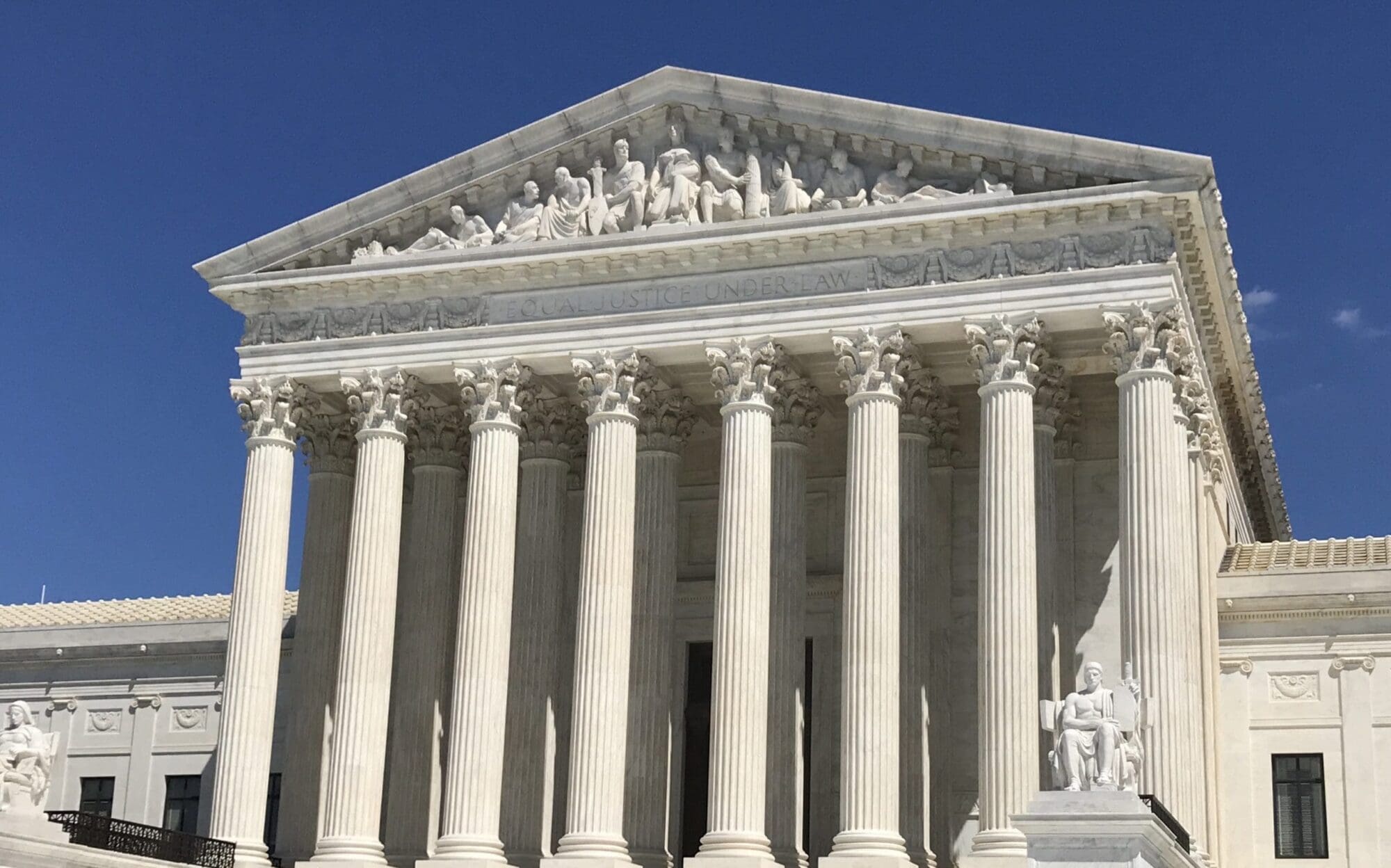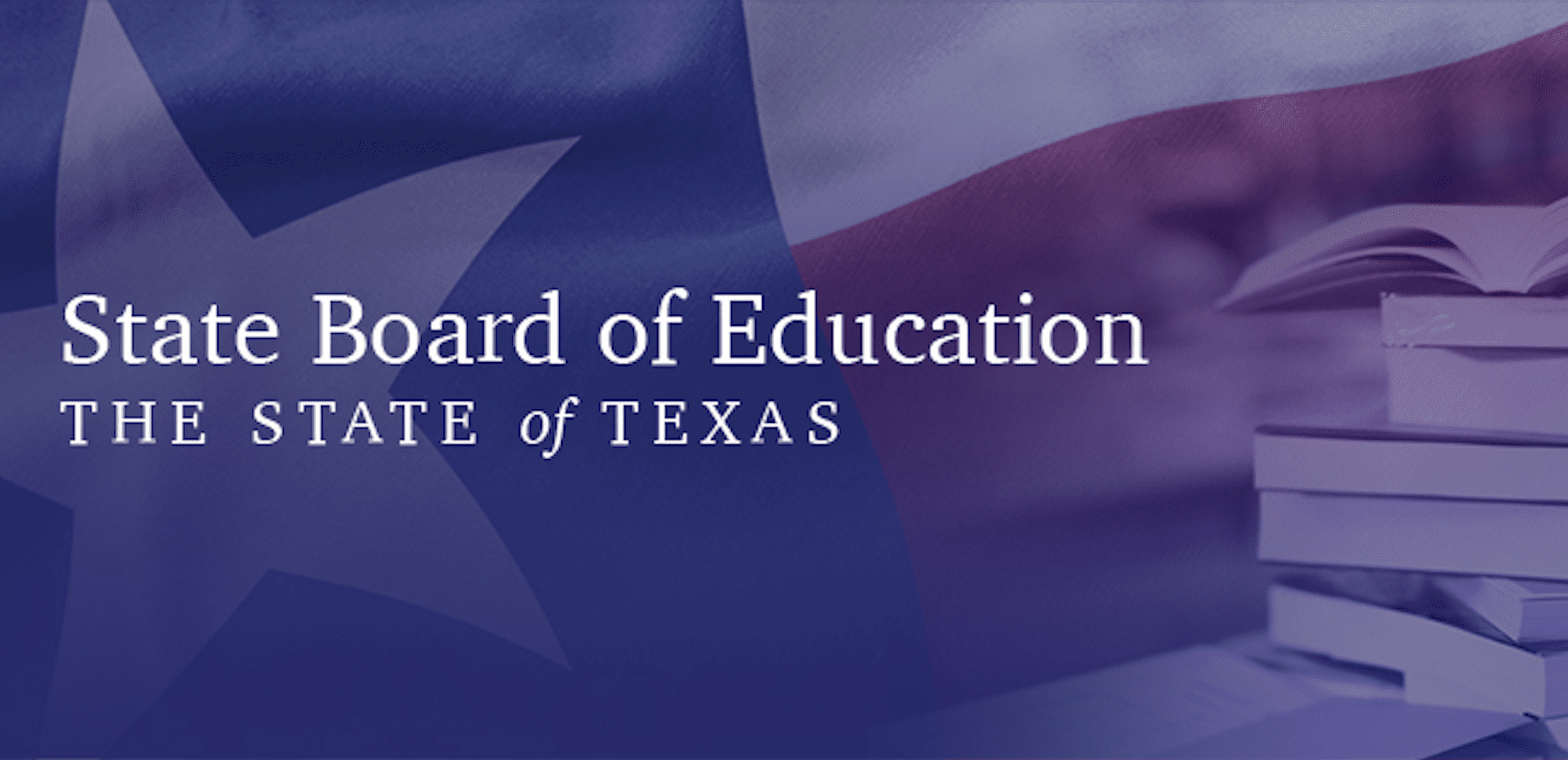As parents across the state wrestle with the continual escalation of sexually explicit and racist materials in classrooms, as well as poor educational outcomes, the State Board of Education intends to radically change social studies instruction for kindergarten through eighth grade.
Earlier this week, the Texas State Board of Education, which sets the state standards for public education, held a special meeting to hear testimony on the newly proposed chronological framework and Texas Essential Knowledge and Skills (TEKS)—standards for curriculum that guide what students are expected to know and understand—for social studies.
Per the new chronological framework that the SBOE intends to implement, instruction for K-8 will radically change, and many parents and educators across the state are concerned about the new TEKS.
Background
Currently, kindergarten through third-grade students receive instruction in the very basics of foundational principles, including history (basic historical figures like George Washington and national holidays), geography (where they live and where their school is on a map), economics (what kinds of jobs exist and how those jobs provide for families), government (identifying rules and authority figures who enforce them), citizenship (the Pledge of Allegiance and basics of voting), and culture (family and community traditions).
Beginning in fourth grade, students focus on one area of history each year: fourth graders focus on Texas history; fifth graders, U.S. history; sixth graders, world history; seventh graders, Texas history; and eighth graders, U.S. history through Reconstruction.
Under the new proposed chronological framework, children in kindergarten through second grade are expected to learn the basic foundations of U.S. history, Texas history, and World history. Meanwhile, third through fifth graders are expected to focus on world history from 5000 BC to 1500 AD, and sixth through eighth graders learn U.S. and Texas history simultaneously from 1500 AD to the present.
Proposed Standards
The new TEKS change instruction for all students, but the most radical changes appear to affect K-2 students, who are between the ages of 5 and 7.
These are a few examples of proposed TEKS for K-2:
- Identify reasons why people came to the Americas and took land to form colonies. (emphasis added) (K)
- Explain how Rosa Parks, Susan B. Anthony, Dolores Huerta, and Cesar Chavez advocated for positive change. (K)
- Communicate an understanding that world leaders cooperate through world organizations. (K)
- Identify different types of money in the world. (K)
- Describe key elements of the Wampanoag, the Pueblo, and the Iroquois culture before the arrival of English colonists. (1)
- Identify the British royal family and explain why they are important. (1)
- Identify where Hinduism and Buddhism originated and describe modern celebrations connected to each religion. (1) [Notably, Islam, Judaism, and Christianity are not afforded the same time]
- Define migration and explain how some migrations are voluntary and some are forced. (2)
- Trace the transatlantic slave trade to show the Middle Passage using geographic tools and describe each leg of the trade. (2)
- Describe the differences between nomadic and agricultural groups in the past. (2)
Texas Scorecard reached out to former SBOE member Terri Leo-Wilson, who said, “K-2 students are grammar school students who developmentally are not ready for abstract and advanced concepts.”
Reactions
Jeff Lasch, a content advisor for the ongoing revision process, spoke at the SBOE meeting and rejected the idea that this new chronological framework is widely supported.
“The Texas Education Agency (TEA) has stated that by consensus, content advisors suggested this revision. This is not true. Content advisors did discuss the existing social studies framework and offered minor revisions, but not the sweeping changes reflected in the proposed chronologic framework,” said Lasch.
“The answer to how we have gotten to the point of reimagining the K-8 social studies TEKS framework, therefore, remains a mystery. Yet here we are on the verge of radically changing the social studies framework for no good reason.”
According to Lasch, this new framework “will also perpetuate a myth that elementary teachers have time to teach complex world history concepts.”
Mary Smith of Cy-Fair ISD also recommended against this new chronologic framework and expressed concern that the TEKS in K-2 were too advanced for students and did not cover enough basic principles. “They forgot that these are 6- and 7-year-olds, and they need foundation skills as well. Those were overlooked,” said Smith.
According to Leo-Wilson, “It is Texas law that students are to study American patriotism. The new proposed TEKS violated the spirit and intention of the law. These were clearly TEKS written by someone in liberal academia with a political agenda.”
Leo-Wilson added, “Citizens had better call their State Board of Education member. Currently, it does not look as if the votes are there to stop this insanity.”
The SBOE is expected to vote on the final changes in November.





